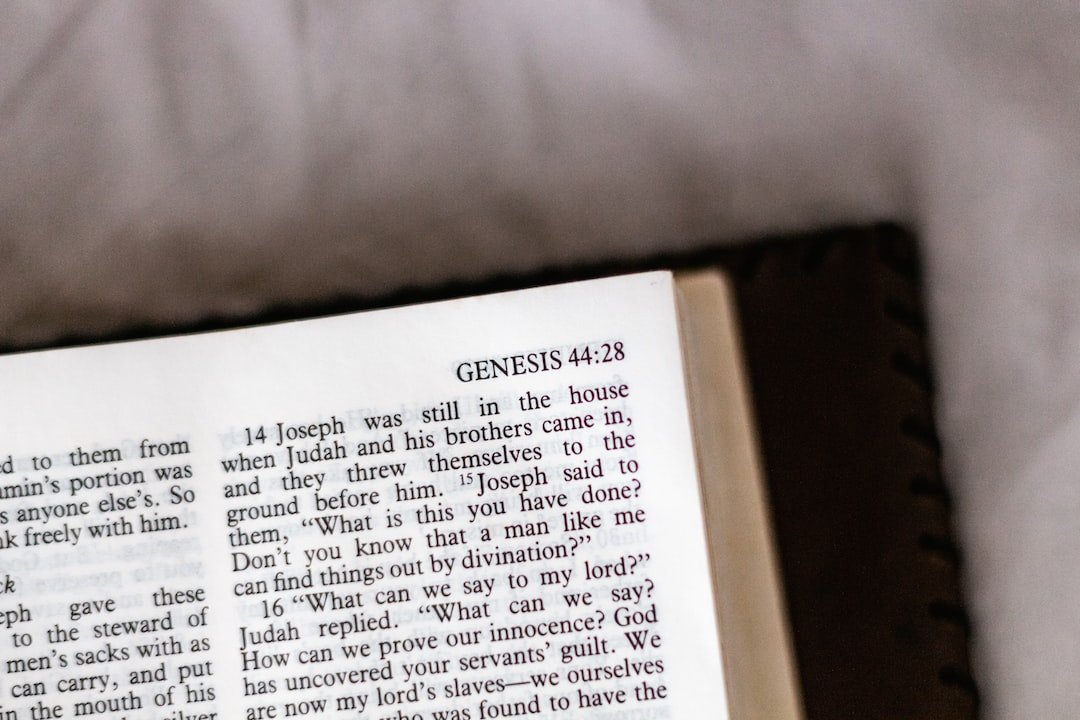Exploring the Principles of Interfaith Dialogue and Harmony
In a world that is becoming increasingly diverse and interconnected, fostering interfaith dialogue and harmony has never been more essential. Interfaith dialogue refers to the process of conversation and understanding between individuals or groups of different religious traditions. It aims to promote respect, tolerance, and cooperation by emphasizing shared values and beliefs, while recognizing and appreciating our differences. By exploring the principles of interfaith dialogue, we can create a harmonious society that celebrates diversity and works towards a peaceful coexistence.
One of the fundamental principles of interfaith dialogue is respect. Respect means acknowledging the inherent dignity and worth of every person, regardless of their religious background. It involves actively listening to others’ perspectives, beliefs, and experiences, while refraining from judgment or discrimination. Through mutual respect, we can create an environment where individuals feel safe and heard, encouraging open dialogue and a genuine exchange of ideas.
Another principle of interfaith dialogue is empathy. Empathy is the ability to understand and share the feelings of others, to put ourselves in someone else’s shoes. By practicing empathy, we can transcend our own biases and prejudices and truly connect with people from different faiths. Understanding their hopes, fears, and struggles can foster compassion and lead to meaningful relationships built on trust and understanding.
Dialogue and education are also crucial principles of interfaith harmony. By engaging in dialogue, we can learn from one another’s beliefs, traditions, and practices. This exchange of knowledge promotes a broader and more accurate understanding of religions, dispelling misconceptions and stereotypes. Education plays a vital role in interfaith harmony by promoting religious literacy, supporting research and scholarship, and providing platforms for learning and discussion. Through continuous learning and dialogue, we can build bridges of understanding and counter ignorance and prejudice.
Interfaith dialogue also promotes the principle of cooperation. While recognizing our religious differences, we can focus on shared values, ethical principles, and common goals. By collaborating on projects and initiatives, such as interfaith prayer gatherings, community service, or social justice advocacy, we can promote unity, peace, and social justice. Cooperation allows us to transcend religious boundaries and come together as a force for positive change.
Finally, interfaith dialogue emphasizes the importance of harmony. Harmony refers to the peaceful coexistence of different faith communities without compromising their unique identities. It entails finding common ground and areas of agreement, while respecting and celebrating diversity. In a harmonious society, religious differences are seen as an opportunity for learning and growth, rather than a source of conflict. By actively seeking harmony, we can create a world where people of all faiths can coexist peacefully and work towards a shared vision of a just and compassionate society.
In conclusion, the principles of interfaith dialogue and harmony are crucial for creating a more understanding, inclusive, and harmonious world. Through respect, empathy, dialogue, education, cooperation, and harmony, we can break down barriers, build bridges between different religious traditions, and foster a culture of peace and understanding. It is by embracing our diversity and celebrating our shared humanity that we can truly flourish as individuals and communities. Together, let us embark on this journey of interfaith dialogue and harmony, contributing to a better future for all.

